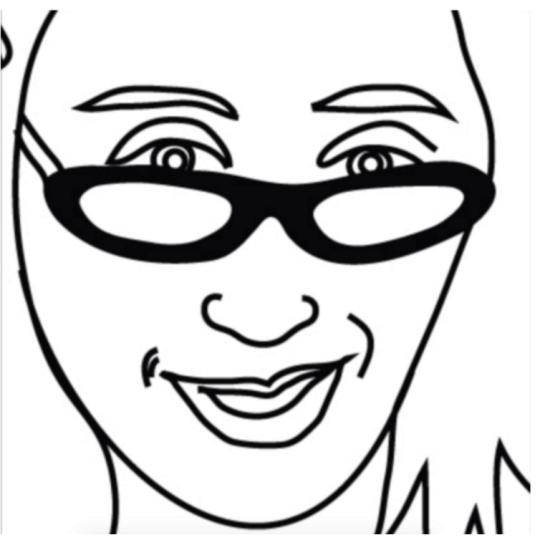
An Interview with Writer Judy Batalion
I first heard Judy Batalion’s name from my colleague. We were standing over the snacks table outside the writers’ room of the sitcom we write for. The table was cluttered with various fruit, opened plastic trays of supermarket pastry, Sun Maid raisin boxes, a half-eaten package of Skittles (original flavor), an unopened package of Skittles (tropical flavor), different meat jerkies, a complicated Dutch brewer which was leaking slightly, alongside a corresponding army of abandoned cups with Rorschach splotches of shit-brown coffee at the bottom, some chewing gum, two bobblehead dolls still in their boxes, and a water-crinkled photocopied photo of Ben Affleck’s rumored mistress sitting in a jet wearing a bunch of Super Bowl rings.
My co-worker said, “A few years ago, Judy and I tried to sell a historical TV comedy set during the war of 1812. Shockingly, no one wanted it.” I asked her why she was thinking of Judy in that moment. She said, “Oh, you’re both Canadian.” Then my colleague stared for a moment at our disastrous snacks table. “And she just finished writing a hoarding memoir.”
White Walls, Judy Batalion’s moving account of her relationship with her mother, a lifelong hoarder, came out in January. If you zoom out far enough, the story of how a person is messed up by their parents isn’t a rare one. But in Batalion’s case, there is actual mess: a suffocating sprawl of unlimited dog-eared newspapers and ancient cottage cheese containers and piles of cheap ill-fitting clothing.
What complicates the story is that at the time Batalion was trying to forge an identity within that mess (the 1980s and 90s) her mother’s illness hadn’t been defined. The term “hoarder” did not exist. And so the triumph of White Walls is the rigorous yet tender sorting process Batalion committed herself to—separating herself from her mother, separating her mother from her pathology, and separating them both from the teetering pyramid of furniture sets with one chair missing. It would be a difficult story to read if it weren’t for Batalion’s reeling, esoteric wit and her unflinching capacity for self-examination. Because the question she asks in the book is a universal one: after we’ve driven to the local dump and dropped off the 780 tons of junk our parents foist onto us, who are we?
Judy Batalion and I corresponded over several weeks this past winter, over email, after tentatively admitting to one another how much we loathed speaking on the phone.
—Kathryn Borel
THE BELIEVER: For those who haven’t yet read your book, can you do a brief walkthrough of your childhood home? What did...
You have reached your article limit
Sign up for a digital subscription and continue reading all new issues, plus our entire archives, for just $1.50/month.
Already a subscriber? Sign in




